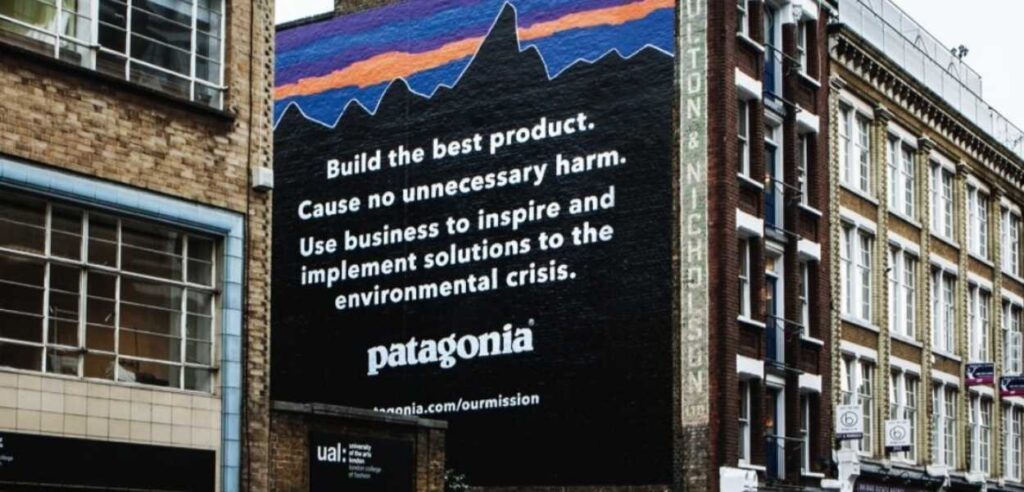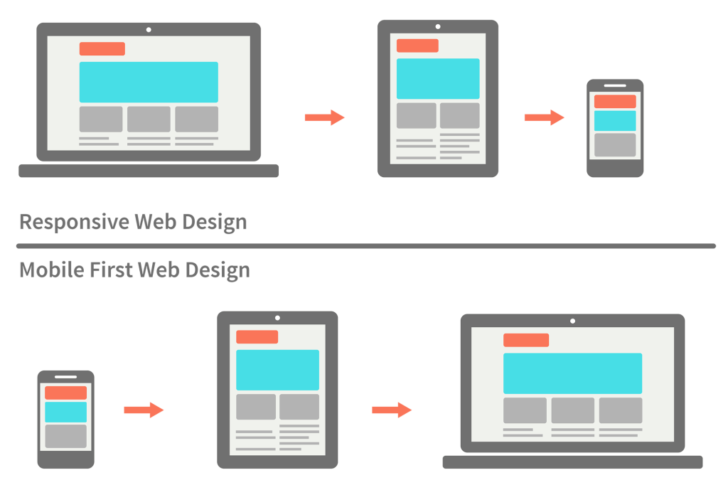As the marketing landscape continues to evolve at a breakneck pace, businesses must look ahead to stay competitive in the years to come. By 2025, the strategies that once worked will need to be adapted to meet new expectations and leverage emerging technologies. From AI-driven personalization to sustainability in brand messaging, the future of marketing will be shaped by innovation, agility, and a deep understanding of consumer preferences.
In this blog, we’ll explore the key trends that will drive marketing success in 2025 and provide actionable steps businesses can take today to future-proof their marketing efforts.
The Power of AI-Driven Personalization
Artificial intelligence (AI) is transforming marketing by enabling hyper-personalized customer experiences at scale. AI tools can analyze vast amounts of customer data, allowing brands to predict behavior, deliver tailored content, and create highly relevant recommendations. This level of personalization not only enhances customer satisfaction but also fosters brand loyalty.
For instance, companies like Netflix and Amazon have mastered the art of AI-driven personalization, delivering content and product recommendations based on user preferences and behavior. As we approach 2025, consumers will expect this kind of personalized experience from every brand they interact with.
Actionable Step: Invest in AI-powered marketing tools that allow you to gather and analyze customer data effectively. Start by integrating AI into your email marketing, content delivery, and e-commerce platforms to offer personalized recommendations and improve engagement.

Omnichannel Customer Experiences
In 2025, the line between online and offline experiences will blur even further, with customers expecting seamless interactions across multiple touchpoints. An omnichannel marketing strategy ensures that no matter where your audience engages with your brand—whether it’s through social media, email, in-store, or mobile apps—the experience feels unified and consistent.
Leading brands are already embracing omnichannel strategies to create frictionless experiences. For example, Starbucks’ mobile app integrates with in-store interactions, allowing customers to order ahead, earn rewards, and pay seamlessly. This kind of cohesive approach will be crucial to staying competitive.
Actionable Step: Begin mapping out your customer journey to identify where your audience engages with your brand. Develop a strategy that ensures a consistent brand message and customer experience across all platforms and devices.
Embracing Sustainability in Brand Messaging
As consumers become more socially conscious, sustainability is no longer a nice-to-have but a necessity for brands looking to build trust and loyalty. By 2025, sustainability will be a key driver of purchase decisions, with customers seeking out brands that align with their values, particularly regarding environmental and ethical concerns.
Brands like Patagonia and Allbirds have built their entire ethos around sustainability, and their transparent, eco-friendly practices resonate deeply with today’s consumers. As environmental concerns grow, incorporating sustainability into your marketing messaging will become even more critical.
Actionable Step: Assess your brand’s current sustainability efforts and look for ways to authentically integrate these values into your marketing. Share your sustainability initiatives openly, whether through product development, sourcing, or corporate social responsibility.

Investing in Data Analytics for Better Decision-Making
Data will continue to be the lifeblood of effective marketing strategies in 2025. Brands that harness the power of data analytics will be better equipped to make informed decisions, predict trends, and tailor their campaigns to meet customer expectations. The ability to access real-time insights and predictive analytics will set top performers apart from the competition.
However, with the rise of data privacy regulations, businesses must also be mindful of how they collect and use customer data. Ethical data practices will be critical in building trust with consumers who are increasingly concerned about privacy.
Actionable Step: Invest in advanced data analytics tools and teams to improve your ability to make data-driven decisions. Ensure your data collection processes are transparent and ethical, and prioritize data security to build consumer trust.
Refining Digital Transformation Strategies
Digital transformation isn’t a one-time event—it’s an ongoing process that must evolve alongside new technologies and customer behaviors. As we look toward 2025, businesses that remain agile and continue to refine their digital transformation strategies will be better positioned to succeed.
Mobile-first approaches, automation, and digital agility will be essential in delivering the seamless experiences customers expect. Brands that fail to evolve their digital capabilities risk falling behind competitors who embrace the latest innovations in digital marketing.
Actionable Step: Continuously assess your digital channels and invest in technologies that enable you to deliver personalized, mobile-first experiences. Stay on top of emerging trends and be prepared to pivot your digital strategies as needed.

Embracing Ethical Marketing Practices
In 2025, consumers will increasingly favor brands that operate with transparency, inclusivity, and ethical values. Ethical marketing goes beyond avoiding misleading ads—it’s about building long-term trust through honesty, accountability, and a commitment to doing good.
Brands that embrace ethical marketing practices will resonate more deeply with today’s socially conscious consumers. This includes promoting diversity and inclusion, supporting social causes, and being transparent about business practices.
Actionable Step: Review your marketing practices and ensure they align with ethical standards. Be transparent about your brand’s values, and show genuine support for causes that matter to your audience. This will help build long-term loyalty and trust with your customers.
Agility and Innovation: The Cornerstones of Future Marketing
The future of marketing belongs to brands that can adapt quickly to change and foster a culture of innovation. Whether it’s responding to new consumer behaviors, pivoting during a crisis, or leveraging emerging technologies, agility will be key to staying competitive in 2025.
Agile marketing allows teams to iterate quickly, test new ideas, and respond to real-time feedback. Brands like Spotify and Nike have shown how an agile approach enables them to stay ahead of trends and maintain a strong connection with their audience.
Actionable Step: Build an agile marketing team by fostering a culture of experimentation and innovation. Encourage your team to test new ideas, iterate quickly, and adapt to changes in the marketplace.
Take the First Steps Toward Future-Proofing Your Marketing
As the marketing landscape continues to evolve, businesses that embrace AI-driven personalization, omnichannel experiences, sustainability, and ethical marketing will be well-positioned for success in 2025. But to stay competitive, brands must also remain agile and open to innovation.
Contact Bluetext today to start future-proofing your marketing strategies and ensure your brand is ready to thrive in the years to come.




